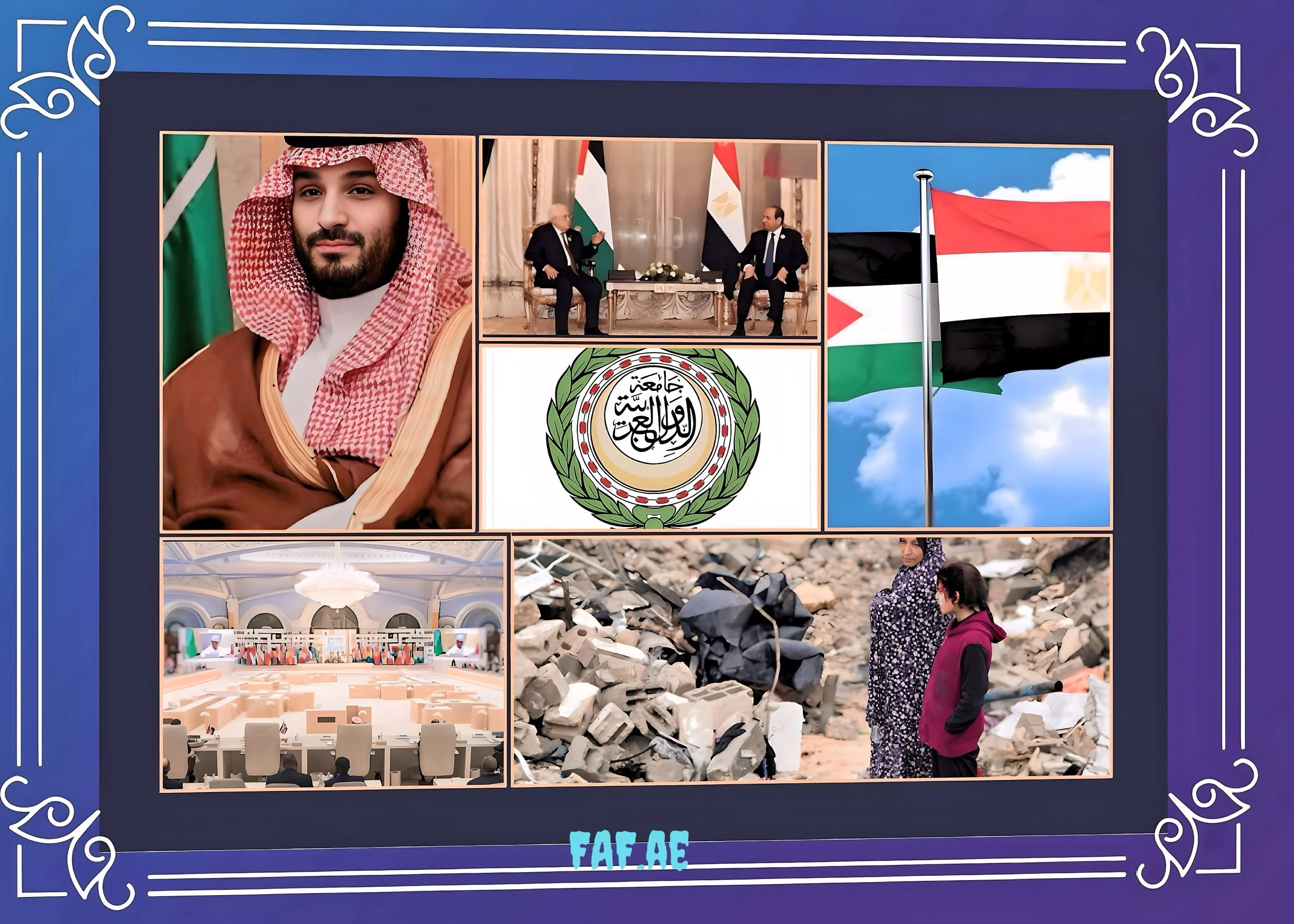Egypt’s Sisi a double- faced dictator - downfall of Egypts economy and GAZA betrayal
Introduction
Abdel Fattah el-Sisi’s rise to power in Egypt was indeed engineered through a military coup in 2013, and his subsequent rule has been marked by close relationships with Western powers and Israel, often at the expense of Palestinian interests.
History
The office of the President of Egypt was established in 1953. The President serves as the head of state and the Supreme Commander of the Egyptian Armed Forces. The inaugural president was Mohamed Naguib, one of the leaders of the Free Officers Movement, who played a pivotal role in the Egyptian Revolution of 1952. He assumed office on 18 June 1953, the day Egypt was officially declared a republic.
Anwar Sadat, born on December 25, 1918, in Mīt Abū al-Kawm, Al-Minūfiyyah governorate, Egypt, and who passed away on October 6, 1981, in Cairo, was an Egyptian army officer and politician who held the presidency from 1970 until his assassination in 1981. He was notably the Egyptian president who was assassinated for signing the Camp David Accords with Israel, which were a series of agreements that established a framework for peace in the Middle East.
Following the resignation of Hosni Mubarak on 11 February 2011 amid the Egyptian Revolution of 2011, Mohamed Morsi took office on 30 June 2012 after his election in the presidential election held on 23–24 May and 16–17 June 2012. He was subsequently deposed by the Egyptian Armed Forces in a coup d'état on 3 July 2013, following widespread protests demanding his resignation.
On 8 June 2014, Abdel Fattah el-Sisi was elected president following the presidential election conducted from 26 to 28 May 2014. El-Sisi has effectively controlled the country since the 2013 coup d'état and was officially elected president that same year.
The sequence of Egyptian presidents includes Mohamed Naguib, followed by Gamal Abdel Nasser and Anwar Sadat, succeeded by Hosni Mubarak and then Mohamed Morsi. The current president is Field Marshal Abdel Fattah el-Sisi, who has been in office since 8 June 2014.
El-Sisi’s Engineered Rise to Power
El-Sisi led a coalition to remove the democratically elected President Mohamed Morsi from power on July 3, 2013. This move was supported by mass protests against Morsi but also involved careful planning and coordination with external actors. Leaked tapes suggest that the Egyptian military was involved in organizing the protests preceding Morsi’s ouster, and there was high-level collusion between the coup plotters and the United Arab Emirates.
Relationship with Tony Blair
Tony Blair has had a controversial relationship with el-Sisi's regime:
Blair reportedly agreed to advise el-Sisi on economic reforms as part of a program funded by the United Arab Emirates.
He has made numerous visits to Cairo since el-Sisi took power, with some sources suggesting up to 13 visits by 2016.
Blair has been accused of helping to legitimize el-Sisi’s regime internationally and providing advice on improving its image.
Ally of the US and Israel
El-Sisi has positioned Egypt as a close ally of Western powers and Israel:
The US continues to provide Egypt with roughly $1.3 billion annually in military aid.
El-Sisi has developed a strong security partnership with Israel, coordinating on issues like counterterrorism in the Sinai Peninsula.
Facade of Mediation
While Egypt under el-Sisi has sometimes played a mediating role in Israeli-Palestinian conflicts, this is often more a facade than genuine advocacy for Palestinian interests:
El-Sisi’s regime has lost its leading role as a trusted mediator, with countries like Qatar taking on more prominent roles in ceasefire talks.
Egypt’s mediation efforts are often constrained by its close ties to Israel and Western powers, limiting its ability to push for substantive changes in favor of Palestinians.
Sisi responsible for the downfall of Gaza
President Abdel Fattah el-Sisi’s policies and actions have contributed to the ongoing challenges faced by Palestinians, particularly those in Gaza. While not solely responsible, his regime’s approach has played a significant role in the Palestinian situation:
Maintaining the Gaza Blockade
El-Sisi has continued Egypt’s participation in the blockade of Gaza, which has been in place since 2007. This blockade, coordinated with Israel, has severely restricted the movement of people and goods in and out of Gaza, contributing to economic hardship and humanitarian crises for Palestinians living there.
Limited Support During Conflicts
Before Sisi came to power, the Rafah crossing, though limited, was often open during times of severe crisis. Under Morsi, Rafah operated nearly daily, allowing thousands of Palestinians to travel and bring in essential supplies.
However, since Sisi took control, Rafah has been weaponized.
In 2021, it was closed for 268 days out of the year. Even when open, Egypt restricts traffic to only a few hundred people per day, prioritizing those who can pay hefty bribes or afford exorbitant "fees." As a result, medical patients, students, and families are trapped, with no way out of Gaza.
This is instrumental in maintaining the blockade on Palestinians, and Sisi is complicit in this
Sisi’s government has destroyed over 3,000 underground tunnels connecting Gaza to Egypt’s Sinai Peninsula.
These tunnels were vital for bringing fuel, food, and construction materials into Gaza, bypassing the Israeli blockade.
A 2014 report estimated that 80% of all goods entering Gaza passed through these tunnels. Sisi justifies their destruction by citing "counterterrorism," but in reality, this has little to do with terrorism and everything to do with appeasing Israel. The loss of these tunnels has plunged Gaza’s economy into deeper collapse, pushing unemployment above 45%. It has also once again helped with the starvation of the Palestinian people
Sisi’s military-backed elite doesn’t just block Gaza—they exploit it.
Egyptian tycoon Ibrahim al-Organi, with close ties to Sisi’s regime, oversees lucrative smuggling operations that bring goods into Gaza via Rafah. Basic supplies like cement, fuel, and steel are sold at prices up to four times higher than market rates.
For instance, in 2022, a liter of diesel smuggled through Egypt cost Gaza residents $2.50—double the price of Israeli-imported fuel. This profiteering makes Sisi’s government complicit in prolonging Gaza’s humanitarian crisis while enriching his allies
When Israel bombs Gaza, killing thousands of civilians, Sisi either remains silent or positions himself as a "mediator" to gain favor with the U.S. and Israel.
During the May 2021 conflict, 256 Palestinians, including 66 children, were killed in Israeli airstrikes. Sisi’s response? A token $500 million pledge for Gaza’s reconstruction, most of which never materialized. His true contribution, however, was blocking medical supplies and humanitarian workers from reaching Gaza via Rafah
For instance, after the May 2021 war, Egypt hosted talks with Israel and Hamas, but behind closed doors, Sisi ensured that Rafah remained mostly closed.
His real goal isn’t peace—it’s to maintain his status as a "necessary ally" to both Israel and the U.S., ensuring that their aid continues to flow.
Sisi claims his crackdown on Gaza is part of a counterterrorism effort in Sinai, but his campaign has been indiscriminate and devastating.
Since 2013, over 12,000 homes in Sinai have been demolished, displacing tens of thousands of residents.
Rather than addressing legitimate security concerns, Sisi exploits Sinai’s instability as a pretext for tightening the Gaza border, knowing it secures him favor in Washington and Tel Aviv.
Under Sisi, the situation in Gaza has become catastrophic. More than 80% of Gaza’s 2.3 million residents now rely on humanitarian aid, and over 97% of Gaza's water is unsafe to drink.
Let’s not pretend Sisi is some "neutral mediator" or an ally of Palestine. He’s a brutal dictator installed with the backing of America and Israel, who uses Gaza as a pawn to serve their interests. From choking Gaza through the Rafah crossing to destroying lifelines like the tunnels and profiting off Palestinian suffering, Sisi has proven time and again that he’s no friend to Palestine.
His silence during Israeli bombings, his hostility toward Hamas, and his exploitation of Gaza’s humanitarian crisis show he’s only interested in keeping U.S. dollars and Israeli praise flowing.
Sisi isn’t just complicit—he’s actively dangerous. His loyalty lies with his foreign backers, not the Palestinian people or his citizens. He cannot be trusted, and his policies make clear that his solidarity is with oppression, not justice.
During Israeli military operations in Gaza, el-Sisi's regime has been criticized for not doing enough to support Palestinians
Egypt has maintained tight control over the Rafah border crossing, limiting the evacuation of civilians and the entry of humanitarian aid.
The regime has arrested pro-Palestine protesters in Egypt and expelled foreign activists seeking to organize aid convoys to Gaza.
Security Cooperation with Israel
El-Sisi has deepened security cooperation with Israel, particularly in the Sinai Peninsula
This cooperation has focused on counterterrorism measures against groups like Wilayat Sinai but has also contributed to the containment of Hamas.
The close security relationship with Israel has been seen as prioritizing regime stability over Palestinian rights.
Economic Policies
El-Sisi’s economic policies have indirectly affected Palestinians:
Under el-Sisi, Egypt’s external debt has exploded to $164.7 billion, potentially limiting the country’s ability to provide meaningful support to Palestinians.
Some analysts have speculated that el-Sisi might be tempted to accept proposals for mass transfer of Palestinians to Sinai in exchange for debt relief, although this has been officially denied.
Conclusion
El-Sisi’s rise to power was indeed engineered through a military coup, and his subsequent rule has been characterized by close alignment with Western powers and Israel, often at the expense of genuine support for Palestinian interests. While Egypt maintains a facade of mediation in the Israeli-Palestinian conflict, its role is limited by its strategic alliances and el-Sisi’s prioritization of regime stability over Palestinian rights.






